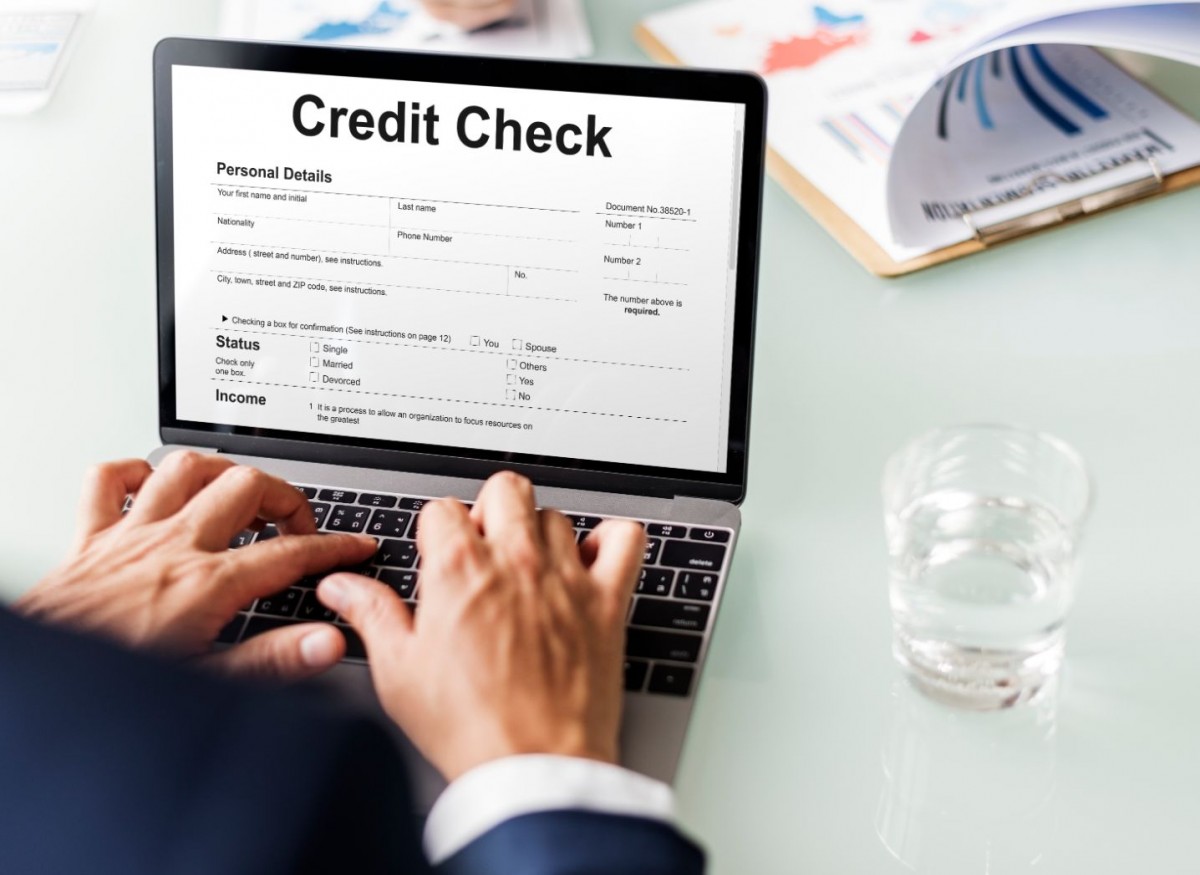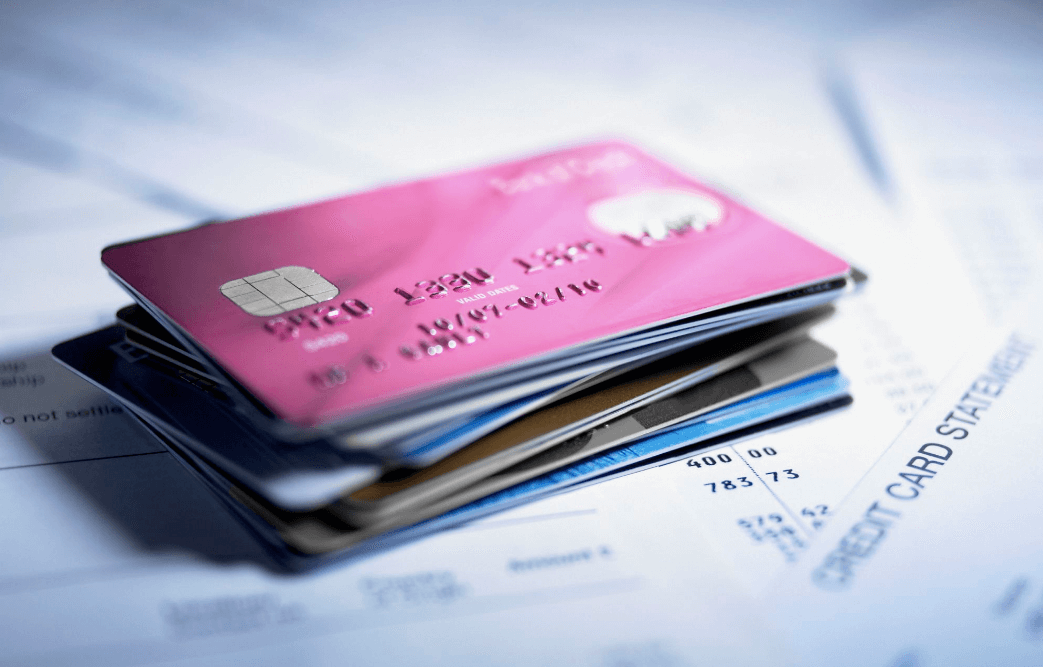Personal loans are installment-based credit accounts in which payments are spread out over an agreed-upon time frame, typically paid back over several installments. They can either be secured against assets such as your home or simply left unsecured depending on their monetary value.
Consumer loans offer numerous advantages, from fulfilling experiences otherwise unavailable or making large purchases without draining savings to building wealth by increasing equity in a property or providing education loans.
Personal Loans
There is a range of personal loan options available, from online lenders, local banks, and credit unions. Loans tend to feature fixed interest rates and repayment terms.
Furthermore, some lenders provide extra perks and benefits; for instance, some may provide lower starting rates for borrowers with excellent credit; other lenders require documents like income verification and utility bill documents to assess creditworthiness.

Personal loans offer an affordable alternative to credit cards; however, it is essential that you fully understand their rates and terms prior to applying. In order to find the billig or cheap and most appropriate personal loan lender for you, compare rates and fees from various lenders first. This step is essential, as you could stand to save thousands of dollars over the term of your loan.
At one time, most personal loans were only offered through banks and credit unions; today there are numerous new online lenders who provide personal loans at competitive rates with no collateral requirements; many of these lenders can offer funding within 24 hours.
Although most personal loans feature fixed interest rates, some offer variable ones which increase over time, making budgeting for payments more challenging. It is possible to find personal loans with low variable rates, and some lenders also provide flexible terms which enable borrowers to pay only the interest accumulated each month.
Personal lines of credit (PLCs) are financial products similar to credit cards but with higher limits and fewer restrictions. You can withdraw funds on an as-needed basis and only pay interest on what is used, making it an ideal solution for emergency expenses, or consolidating higher-interest debt.
Credit Cards
Credit cards can be an easy and affordable way to purchase goods or services, making purchases simpler than ever before. But credit card balances may become more costly than other forms of debt if not paid off promptly.
Credit card companies frequently offer low introductory interest rates on new purchases for an initial period after opening accounts; after which rates could become significantly more costly. Furthermore, no federal regulations exist regarding their rates and fees.

Credit cards can be an extremely powerful financial tool when used responsibly. Before applying for your first card, there are a few considerations you should keep in mind before making your application.
Before getting a credit card, it is important to determine why. There can be many advantages associated with owning one, including being able to spread payments and build your credit history which could prove valuable when applying for loans or mortgages in the future. You can learn more about building your credit score by clicking the link.
One reason to get a card is for reward schemes, which offer points or cash back on purchases. Just keep in mind that these can quickly accumulate, so make sure that each month, the full balance can be paid off in full.
Credit cards are issued by banks as plastic cards to allow individuals to borrow money at interest. You can use your card for goods and services anywhere that accepts payment as long as the total spend does not go over your limit, or they may even be used to transfer debt between accounts or pay online purchases.
Applying for a credit card requires being eighteen or over and providing your name, address, and other personal details to verify your identity. If accepted, a card will be issued in your name with its own receipt included.
With so many credit cards on the market today, it can be daunting to find one that best meets your needs. Take time to review each one’s terms and conditions carefully – especially the APR (annual percentage rate), which measures the cost of borrowing money on revolving debt.
Also, it is important to remember that missing payments or going beyond your credit limit could harm your credit score and impact future borrowing as lenders will see you as a higher risk.
Research the various cards on the market to find the best deal. Some cards will feature a summary box on their front page with key information, such as interest rate and minimum monthly payments, making comparison easier.
Furthermore, certain cards may offer travel insurance or payment protection plans; be sure to read any related terms and conditions carefully prior to applying for any card as you will have to accept these when applying.
Banks

People in need of cash often turn to banks for loans. Bank loans usually feature monthly repayment installments and fixed interest rates; and can be used for various purposes depending on their type and borrower’s credit history. Before selecting one of these lenders, it is wise to compare options and research any fees that might apply before making your choice.
Banks are privately-owned institution that accept deposits and grant loans. Banks serve as primary sources for consumer loans and mortgages as well as being major sources for business lending. Furthermore, many people pay bills through checking accounts held with banks – making the bank an integral component of our payments system.
Bank loans come in all forms: personal, mortgage, and credit cards. Consumer loans tend to be for installment purchases that require monthly interest payments while mortgages can help purchase or refinance existing homes, while credit card cash advances provide cash advances within prearranged credit limits.
Consumers used to be able to obtain small loans from semi-philanthropic or cooperative lending institutions. Unfortunately, however, these organizations lacked sufficient capital to meet demand, which made attracting investors difficult; accordingly, legal interest rates had to be set to secure investment capital and offer investors competitive returns.
Many consumers now turn to banks for small loans that are often cheaper than their alternatives. Rent-to-own stores operate nationwide and serve customers with poor or no credit scores yet charge approximately three to four times as much as mainstream retailers for similar items. Bank loans provide them with a welcome alternative option.
It is important to research any loans before agreeing to any particular arrangement.

